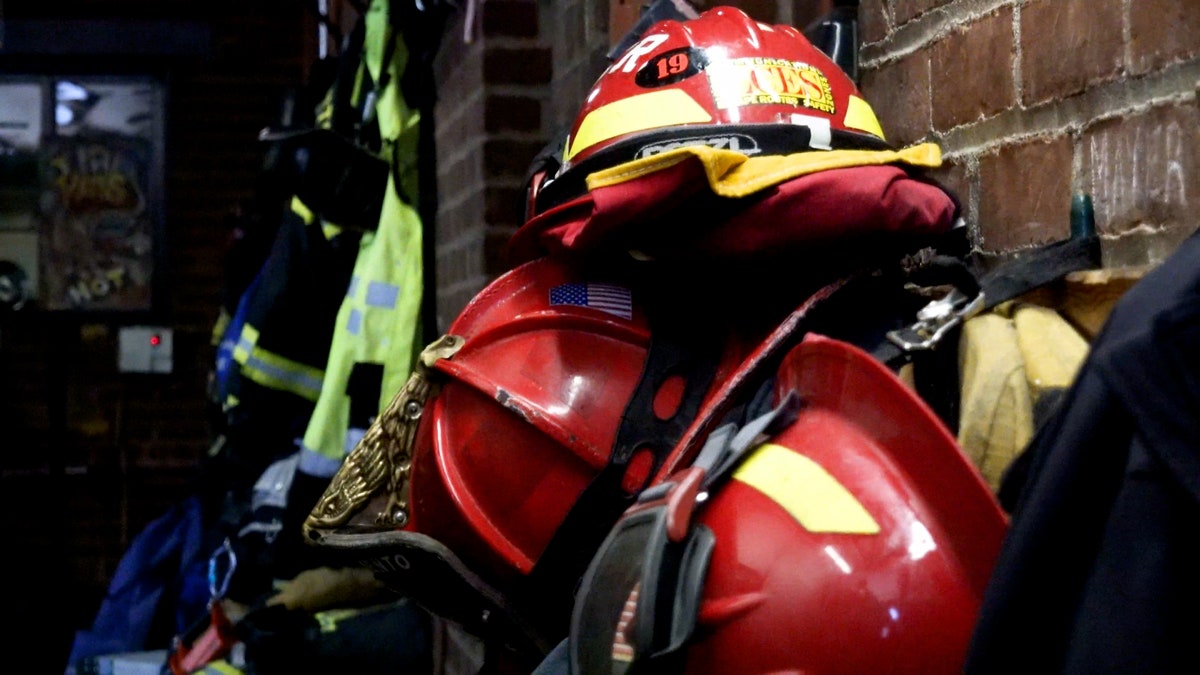Hospital systems squeezing city resources, creating longer wait times and delaying emergency responses
Emergency response departments say "wall time" is a growing issue across the country, fueled by the pandemic. In an emergency situation, the extra wait time could be the difference between life and death.
SACRAMENTO, Calif. – From police officers to paramedics, emergency service departments across the country are struggling to stay fully staffed because of COVID-19.
Since some departments are short-staffed, wait times for emergency calls have increased.
But there's another major issue departments are dealing with: "Wall time," which, according to officials, is only making things worse and making wait times even longer.
Wall time refers to the period of time first responders remain with a patient until a hospital can accept them.
In an emergency situation, the extra wait time could be the difference between life and death.
"If you simply hold your breath, you’ll start to feel the panic in your body at about a minute and that’s what happens to someone who is having a heart attack, stroke, or major cardiac event," Sacramento Assistant Fire Chief Eric Saylors said.
Sacramento, California, Fire Captain Keith Wade said wall time is getting worse because of the pandemic. However, he said it's been an issue for more than decade.

Last year, the Sacramento Fire Department staff spent more than 28 thousand hours on the wall, most of it, before the Omicron COVID-19 surge.
"We’re in this fight together with the hospitals. COVID-19 has created such a big problem for anyone trying to conduct business, to stay staffed, and to meet the community’s needs," Wade said.
But with hospital beds nearing capacity across the country, wall time is taking these life-saving resources off of the road.
"Wall times are really slowing down our ambulances and dampening our ability to get people to the hospital in time," Saylors said.
Both Wade and Saylors said the hospital systems have had years to prepare, but the burden is falling on the city's emergency service departments.
Hospital systems across the country are also facing staffing shortages. Doctors say delays in lab work and insurance authorizations contribute to the hospital bottleneck.
Lawmakers were at the California State Capitol on Wednesday, discussing possible solutions.
Last year, the Sacramento Fire Department staff spent more than 28 thousand hours on the wall. In total, that's more than 1,000 days of time that could have been spent on the road providing other services, according to Saylors.
CALIFORNIA ‘POTHOLEGATE VIGILANTES’ MAKE REPAIRS THEMSELVES INSTEAD OF WAITING FOR CITY
"We’ve had wall times go for as long as nine hours – which means, you remove an ambulance out of service for nine hours," Saylors said.
In Sacramento, the average wait time for an ambulance used to be roughly four to six minutes, but now it's nearing 12 minutes.
This isn't an isolated issue, according to Ty Wooten, director of governmental affairs for International Academies of Emergency Dispatch.
"Now, every room in so many hospitals across the country are already booked up with COVID-19 patients, hospitals are just at their max," he said.
Wooten has been working in the emergency services sector for over two decades. He said another reason why wait times are rising is because people have been abusing the 911 call system.
CLICK HERE TO GET THE FOX NEWS APP
Wade and Saylors said the Sacramento emergency service departments have also seen an increase in 911 calls, but most of the calls haven't been emergencies.
They also said rural communities with less resources have been impacted as well.











































